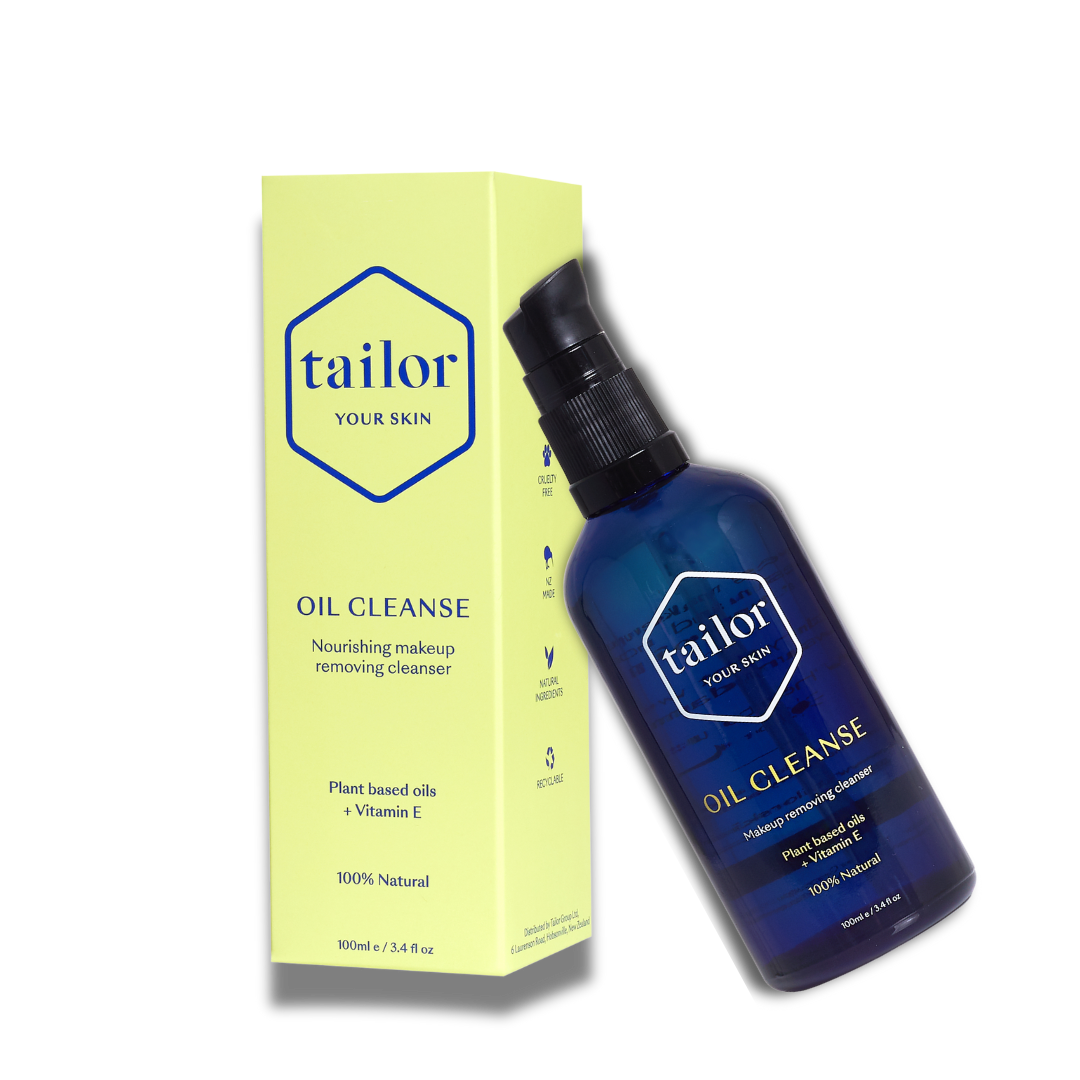
Do you ever wake up in the morning with puffiness or dark circles below your eyes? You might put these symptoms down to tiredness or ‘that's just how my eyes are', but there is likely another reason for them.
Your eyes can tell you a lot about your health, and in this instance, any puffiness or dark circles are probably an indication that you need to dive into your health and figure out what's going on.
What causes puffy eyes?
The skin around the eyes is very thin and delicate, which makes it more susceptible to change. So any changes in this region can detect problems earlier than others. When you develop puffiness around your eyes, often many factors are at play, but the underlying issue is fluid retention. A big player in the game of fluid retention are your kidneys.
Think of your kidneys as filters. They filter your blood and remove what your body doesn't need, which leaves your body in the form of urine. However, if these filters become damaged, from issues like high blood pressure or poor dietary choices, substances your body needs to retain can get through and end up in your urine.
One of these substances can be protein. As proteins serve an important function in the body, we don't often let it slip into our urine. If protein is high in the urine due to damage, it means protein will be low in the blood. Low blood protein levels allow fluid to leak from the blood vessels into nearby tissue. This is where we begin to see swelling, mostly around the eyes (hello puffy eyes), feet, and hands.
The kidneys also play an important role in controlling our levels of sodium. When our kidney function is reduced, our body retains sodium - and where sodium goes, water follows. This is another way poor kidney function can lead to fluid retention and puffy eyes.

What causes dark under eye circles?
Like puffy eyes, there are many possible factors at play when you have dark circles; dehydration, medications, poor liver function, a lack of sleep, iron deficiency and low cortisol. Low cortisol can be caused by prolonged stress, excess sugar, environmental toxins, nutrient deficiencies, and age.
Cortisol is one of our stress hormones and is produced by our adrenal glands that sit at the top of the kidneys. As cortisol is essential to our survival, our body tightly controls the amount of cortisol that is released. However, if our body doesn't produce enough (or too much), we run into problems. When our cortisol level is too low, another hormone known as ACTH is released from the brain to stimulate cortisol release. This is a normal response. However, if our body's ability to produce cortisol declines i.e. adrenal fatigue, more and more ACTH will be produced to try and combat this drop of cortisol. However, one of the other effects of ACTH is pigmentation. So, with more ACTH being produced, certain areas of our skin become hyperpigmented – creating dark circles under the eyes. Pigmentation can also increase in other areas, such as skin folds, and spots on the face and body.
Iron deficiency and dark under eye circles
As the skin under the eyes is very thin, any changes in blood vessel dilation and colour will be most obvious in this area. When we are iron deficient, our blood isn't able to carry as much oxygen around to our tissues. This poorly oxygenated blood is darker in colour. In addition, when our tissues aren't getting enough oxygen, the blood vessels around them dilate to encourage the blood flow. This brings the blood vessels closer to the surface, making them more visible to the naked eye.
Tips for reducing puffy and dark under eye circles
Stay hydrated
Drink water - Hydration is essential to reducing both puffy and dark eyes. Hydration helps the kidneys to function optimally, helping to prevent kidney damage. Although you may think 'I'm retaining too much fluid, I need to drink less', this is not true. Your body needs water to function optimally and support the functions of your organs so everything remains in balance. If we're not giving our body the resources it needs, it won't be able to do its job. Make sure you're drinking at least 8 glasses of water a day.
Eat nutrient-dense food
Fix nutrient deficiencies – this is a huge factor for both presentations. Any nutrient deficiencies will reduce your body's ability to function optimally. Get annual blood tests and keep an eye out for any changes in your body. Missed periods, fatigue, acne, dark circles, swelling, high blood pressure, mood swings, cold extremities, infertility etc. are all signs something is not right.
Reduce your consumption of processed food – this presents the body with a load of substances to detoxify and process. This puts extra strain on your kidneys, as well as your liver. Both of these organs are essential in preventing puffiness and dark circles. Support these organs by eating whole foods rich in nutrients, such as vegetables, fruits, poultry, fish, red meat, legumes, nuts, and seeds.
Review your medication
Reassess your medication – medications can do amazing things, but they are also an extra load on your system. It's important to be informed and only take what you need to – even paracetamol takes quite a toll on your system. In addition, medications that increase vasodilation (the widening of your blood vessels) i.e. blood pressure medication, can also worsen eye puffiness and those pesky dark circles.
Lymphatic facial massage
Learn how to massage your face properly as this will help you to move built-up fluid from around the eyes and other areas of the face. Try using Tailor Illume with a Gua Sha massage tool to help to reduce the drag on your skin while you massage your face. Learn how to use oils for facial massage here.

For a natural topical solution to depuff and brighten your undereyes, click here for our must-have 'Awaken' Eye Cream. Containing caffeine, hyaluronic acid and golden mica it delivers an instant glow while hydrating and plumping the eye area.

 
|
Author - Jessica Giljam-Brown | BSc Jessica is a qualified nutritionist, and takes a holistic approach to health and wellbeing. She is passionate about helping people to discover how amazing their bodies are designed to feel when powered by the right nutrients. Jessica uses evidence-based science to help educate, and make lasting changes in people's lives. Follow Jessica on Instagram, or learn more at her website. |

